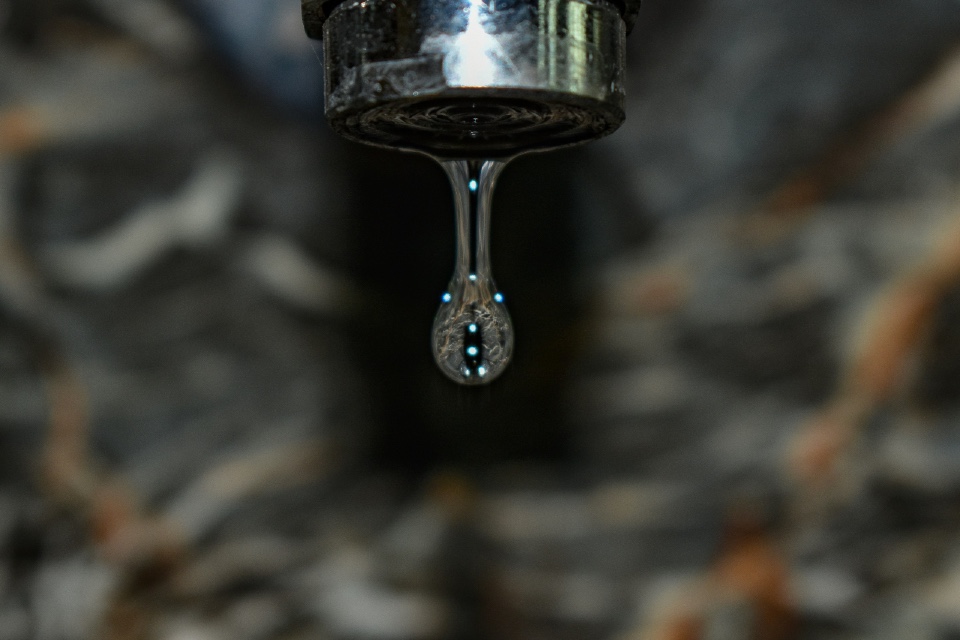As sustainability targets tighten and water scarcity becomes an increasingly pressing issue across the UK, energy and facilities managers are turning their attention to an often-overlooked resource: wastewater. Greywater recycling and rainwater harvesting have emerged as viable, cost-effective solutions for reducing water consumption and supporting wider ESG goals within commercial and public-sector estates...
Historically, water efficiency strategies in commercial settings have focused on low-flow fixtures, leak detection, and behavioural changes. While still essential, these measures are now being complemented by systems that capture, treat, and reuse non-potable water on-site—converting what was once waste into a valuable operational asset.
Greywater recycling involves capturing wastewater from showers, sinks, and laundry processes—excluding highly contaminated sources like toilets or kitchen drains. Once filtered and disinfected, this water can be reused for flushing toilets, irrigation, and, in some cases, cooling systems. For high-traffic buildings such as office complexes, leisure centres, and schools, the volume of greywater generated daily is substantial, and the savings on mains water usage can be significant over time.
Rainwater harvesting systems, meanwhile, collect and store rain runoff from rooftops or hard surfaces, typically filtering it for use in similar non-potable applications. With the UK experiencing increasingly erratic rainfall patterns, these systems help buffer against water shortages and reduce reliance on mains supply, particularly in the southeast where water stress is more acute.
The latest innovations in this space include automated water treatment modules, IoT-connected storage tanks, and AI-powered monitoring systems that manage water quality and supply levels in real time. These smart systems allow facilities managers to track performance, identify maintenance needs, and report usage as part of broader energy and environmental dashboards.
Sustainability certifications like BREEAM, LEED, and NABERS UK increasingly reward water reuse technologies in their scoring systems, making these systems attractive not just for their environmental impact, but for their ability to support green building goals, improve asset value, and enhance corporate reputation.
Several organisations are already leading the way. From university campuses with closed-loop water recycling systems to logistics depots using rainwater for vehicle washing, these case studies demonstrate that water reuse is scalable across a variety of sectors and property types.
The message is clear: water is no longer just a utility cost to be minimised—it is a strategic sustainability opportunity. By investing in greywater recycling and rainwater harvesting, energy and facilities managers can reduce consumption, build resilience, and help their organisations meet climate and resource efficiency commitments head-on.
Are you searching for Water Management solutions for your organisation? The Energy Management Summit can help!
Photo by Mukesh Sharma on Unsplash




